Noida, India: 4th March, 2020
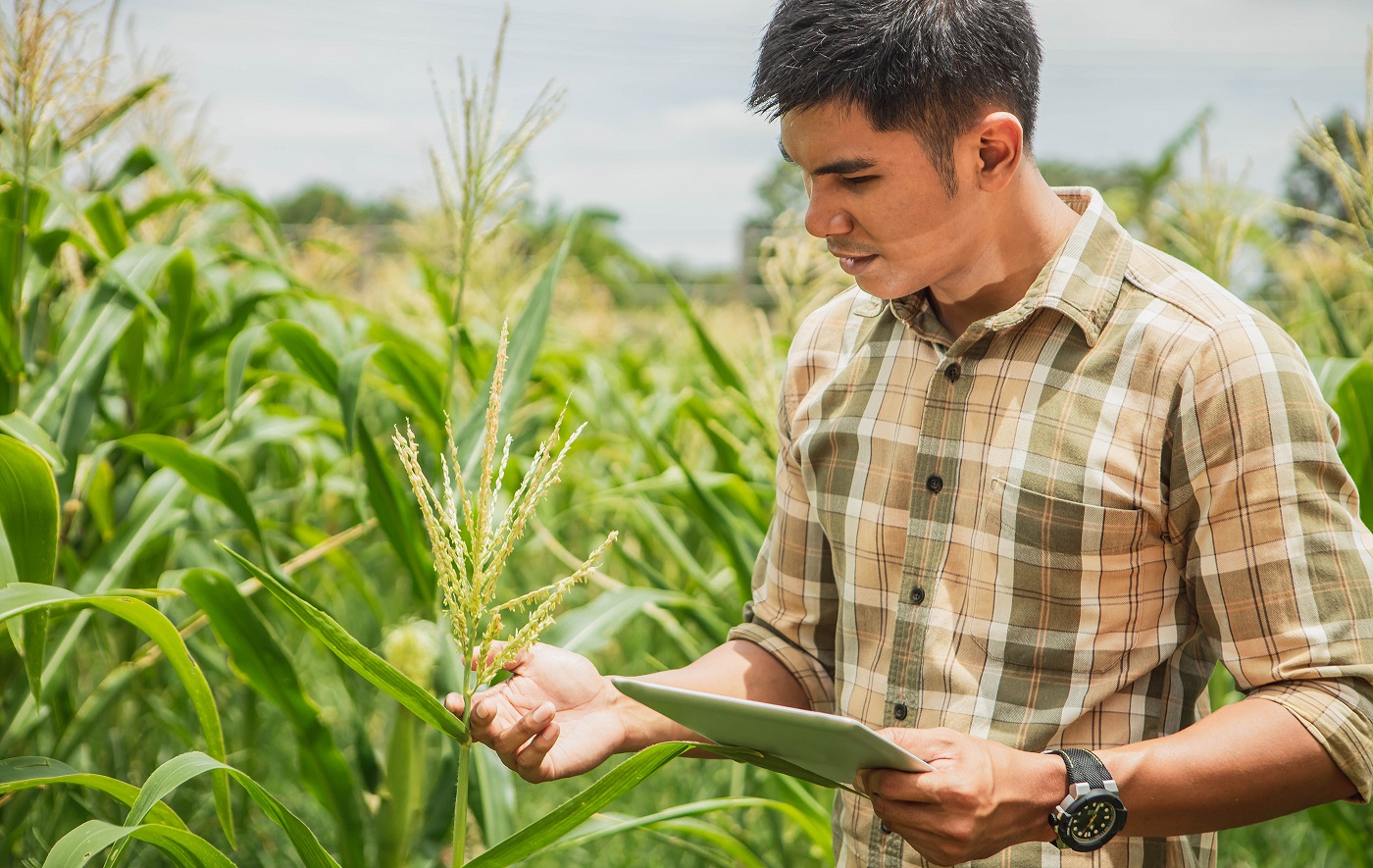
Digital platforms that aggregate data from thousands of farms offer farmers a comprehensive overview of their operations vis-à-vis their peers. However, these technologies often remain prohibitively expensive for many smallholder farms.
In the United States, Farmers Business Network (FBN) is changing that with their affordable digital platform. The farmer-to-farmer network analyses data such as seed performance and satellite imagery from over 37 million acres of farmland, mostly in the Midwest4. It then provides a platform for farmers to glean aggregated insights derived from this data, empowering them to make more informed decisions.
“The data that comes into FBN is very in-depth because of all the sensors that are embedded in the machinery that farmers use,” said Amol Deshpande, CEO and Co-Founder of Farmers Business Network. “With all that data, we can establish benchmarks, develop analytical tools, and tell each farmer where they’re overplanting or overfertilising, or what kind of return they might be looking at if they were to use an alternative practice.”
Such platforms have tremendous potential in countries like India, China and Indonesia, where smallholder farms tend to be the least connected with other participants across the supply chain. Yet, it is these same smallholders that often lack access to such game-changing technologies.
“Smallholder farms in Asia face a series of different struggles,” Amol said. “These include accessing credit and insurance. Establishing credit is important for farmers to operate and grow their businesses.”
New solutions are emerging in Asia to tackle these problems, such as Mumbai-based Agribazaar. The agritech company currently provides farmers across India a one-stop platform connecting them to a network of banks and financial institutions, as well as buyers and crop advisors.
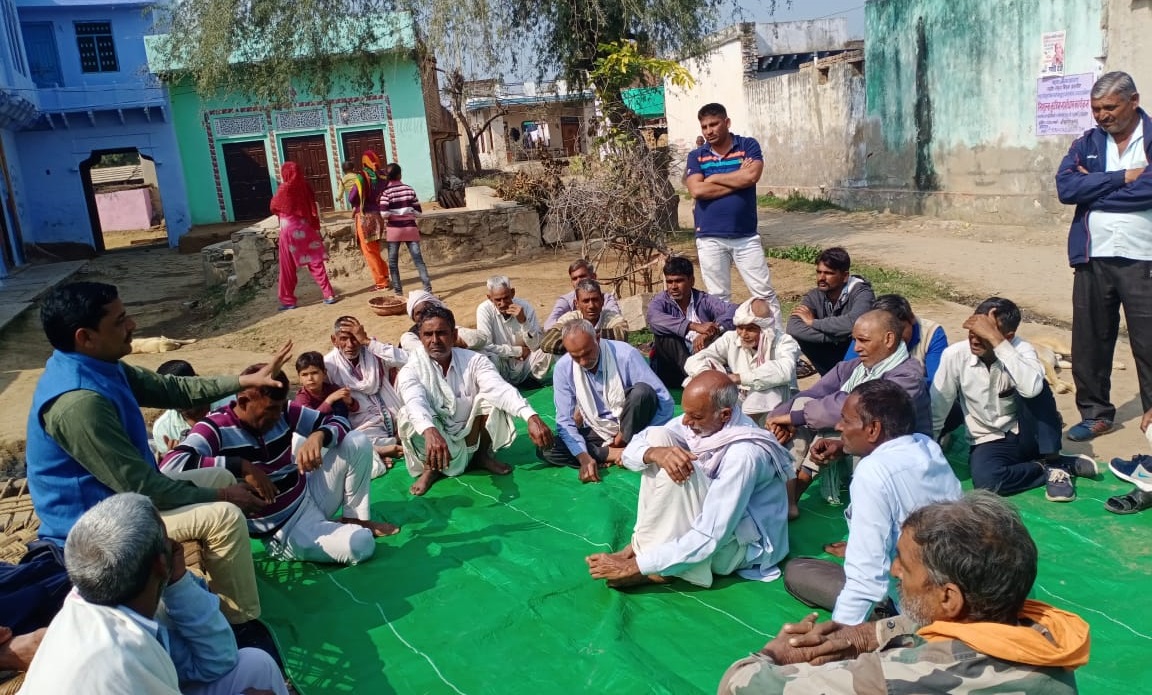
“Traditionally, banks are hesitant to provide rural farmers loans because of the lack of verifiable data, such as crop yield and revenue,” said Amith Agarwal, CEO of Agribazaar. “To address this, we developed a payment gateway for farmers to conduct transactions with buyers and suppliers on our platform. That data is then verified with satellite imagery and provided to banks to assess the creditworthiness of farmers requesting credit through our platform.”
Founded in 2017, Agribazaars’ platform today facilitates the financing of around US$15 million of crop sales every month for its 133,000 farmers. And with plans to bring 10 million more farmers onboard its platform within the next four years, the access to credit for smallholders in India looks set to increase.
Tackling Food Waste Through Technology
Beyond improving crop yields and access to credit, digital agritech may hold the key to addressing the global food wastage problem. The issue is acute in Asia — the region is projected to generate around 500 million tons of food waste annually by 2030 as a result of its fragmented supply chains, inefficient distribution methods and lack of investment.

“If you look at innovation and investment, Asia starts from a really low base,” said Ping Chew, Asia Head of RaboResearch Food & Agribusiness at Rabobank. “Innovations that tackle supply chain inefficiencies, while increasing access to markets, will provide a lot of opportunities to reduce food wastage.”
One such innovation is the digital agrifood marketplace, which Agribazaar and FBN have both developed. Agribazaar allows farmers to auction crops directly to buyers, while FBN’s Crop Marketing system helps specialty grain farmers receive bids from buyers far beyond their physical location.
Both systems help bypass intermediaries where crop wastage often occurs, and facilitates direct feedback between buyer and seller, thus empowering farmers to respond to market conditions in a much more agile manner.
“Already, we are beginning to see platforms emerge at the upstream level where you’re connecting farmers with inputs and downstream consumers and distributors. The impact can be tremendous,” added Ping.
As a long term investor rooted in Asia, Temasek is committed to working alongside its portfolio companies and partners across the agri-food ecosystem – to build a better, smarter and more sustainable world.
Temasek is an investor in Farmers Business Network and StarAgri, the parent company of AgriBazaar.

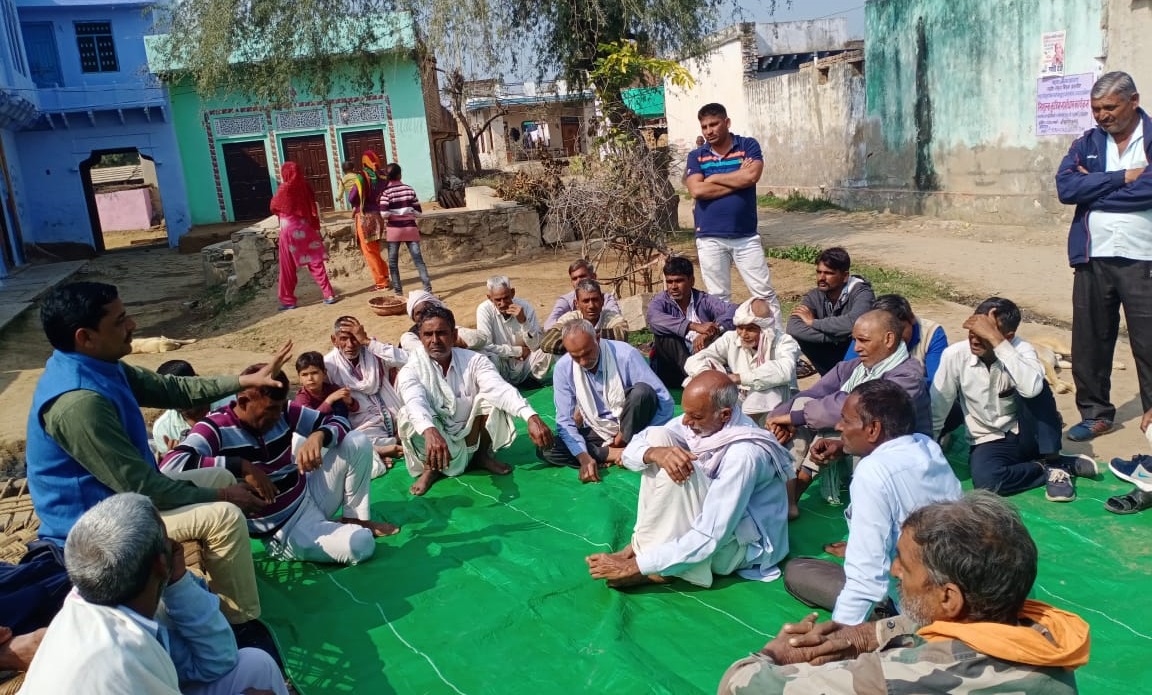
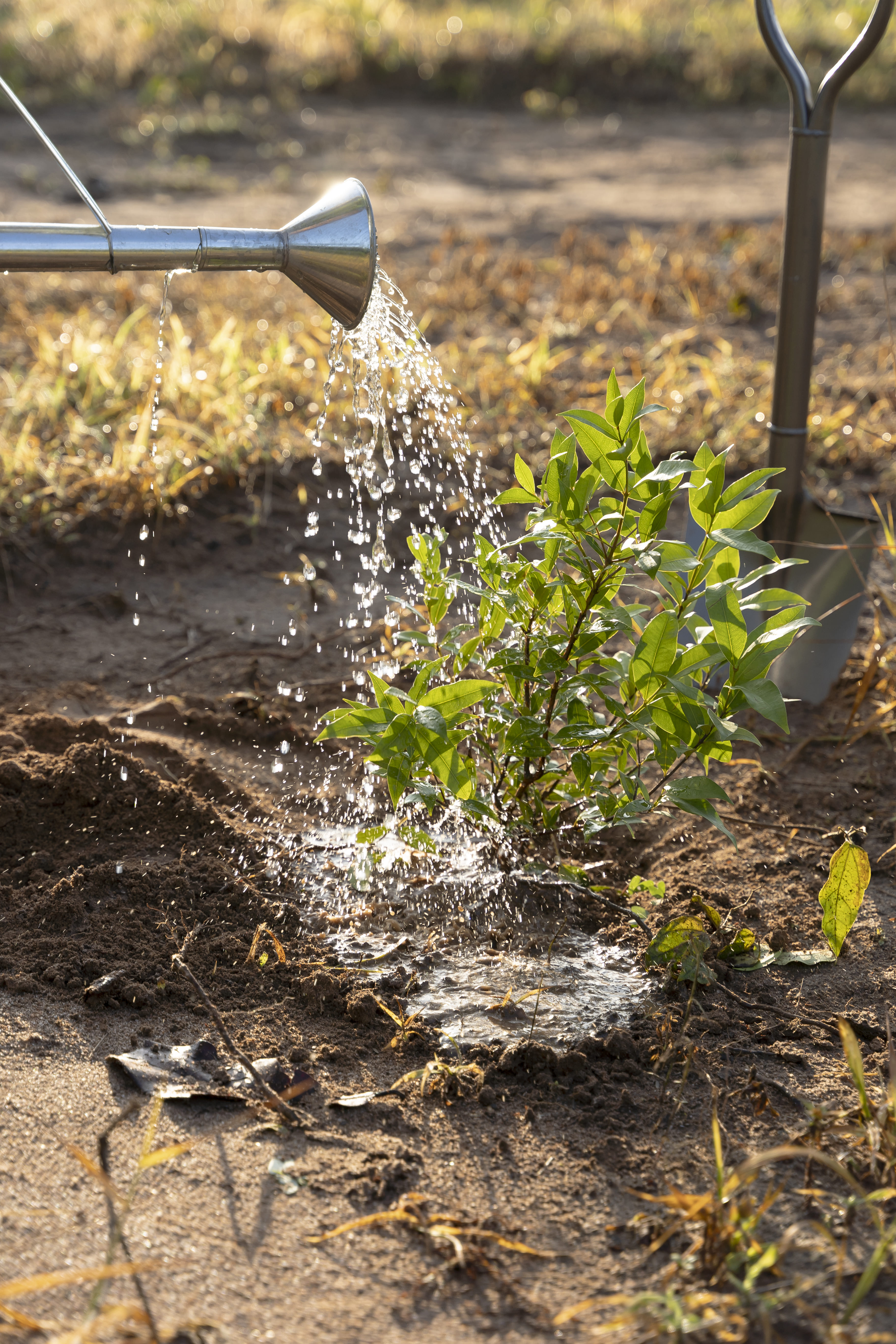

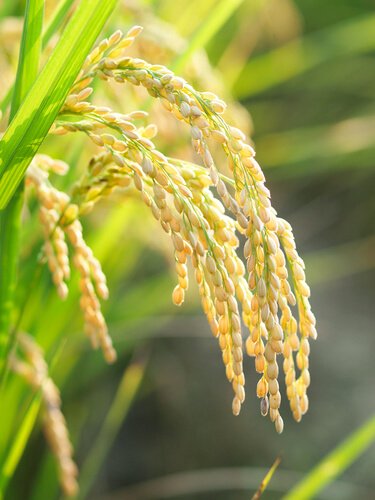
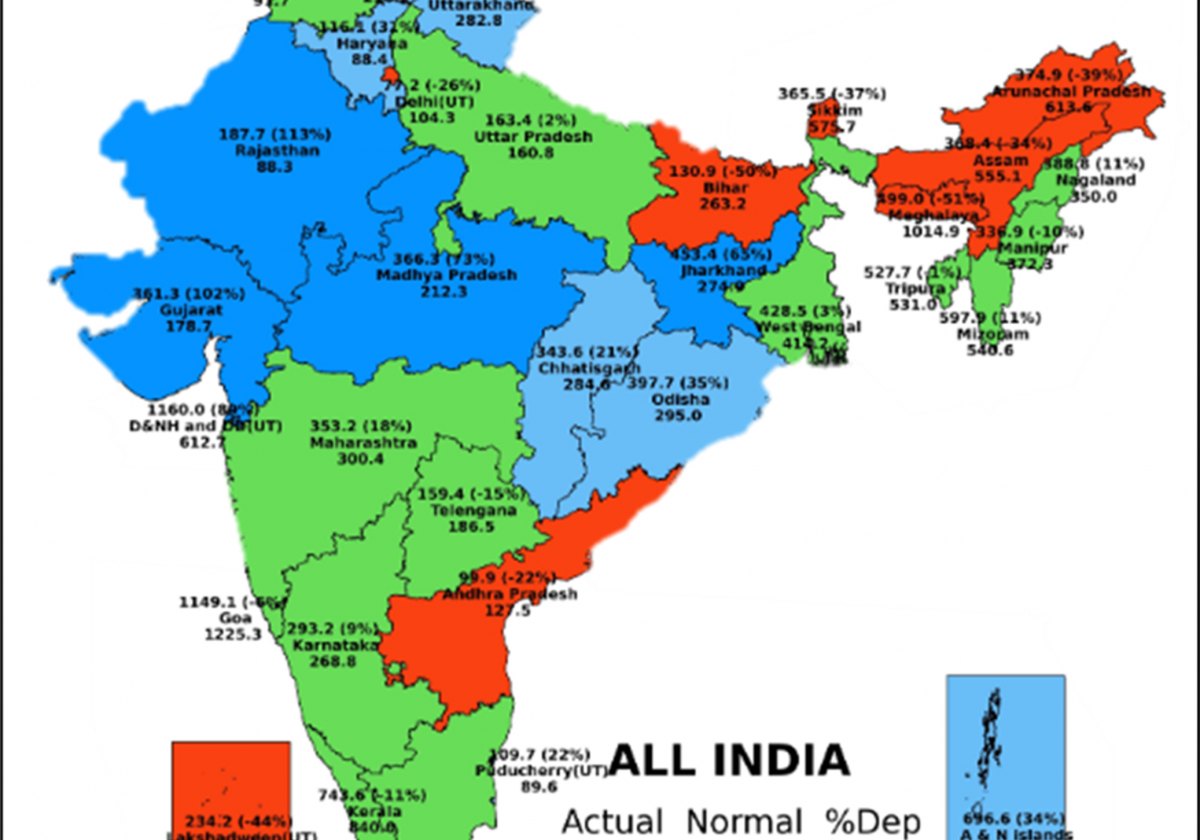

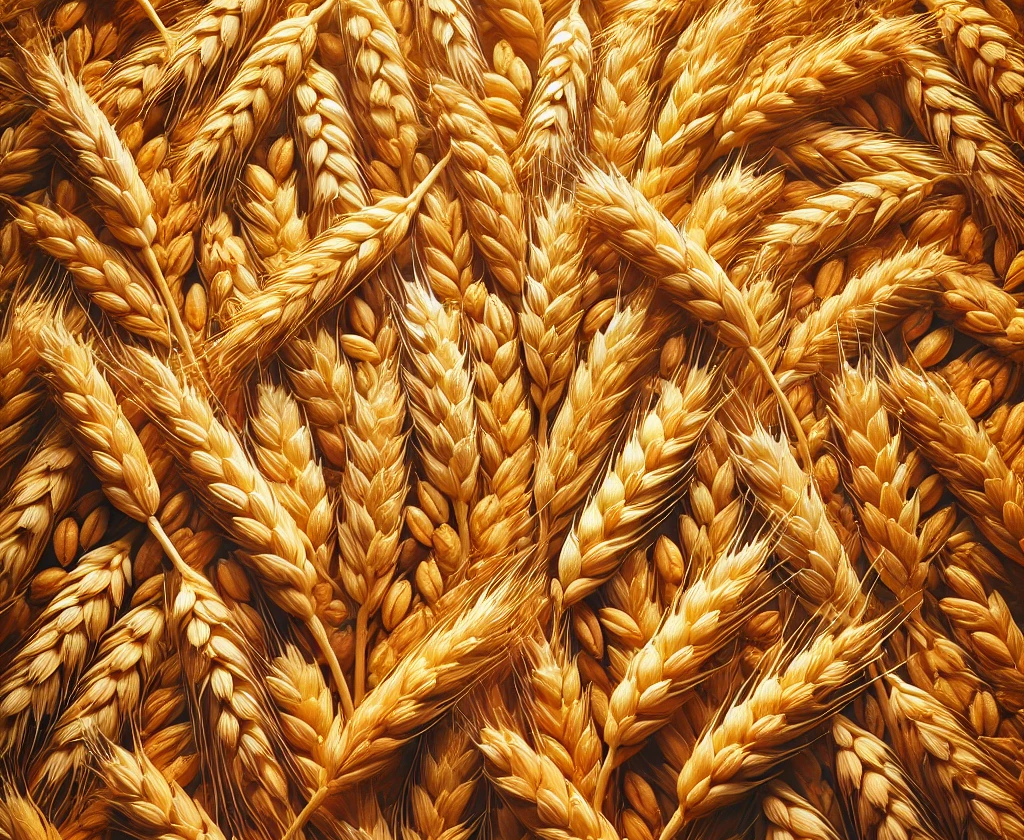
 Connect With Us
Connect With Us